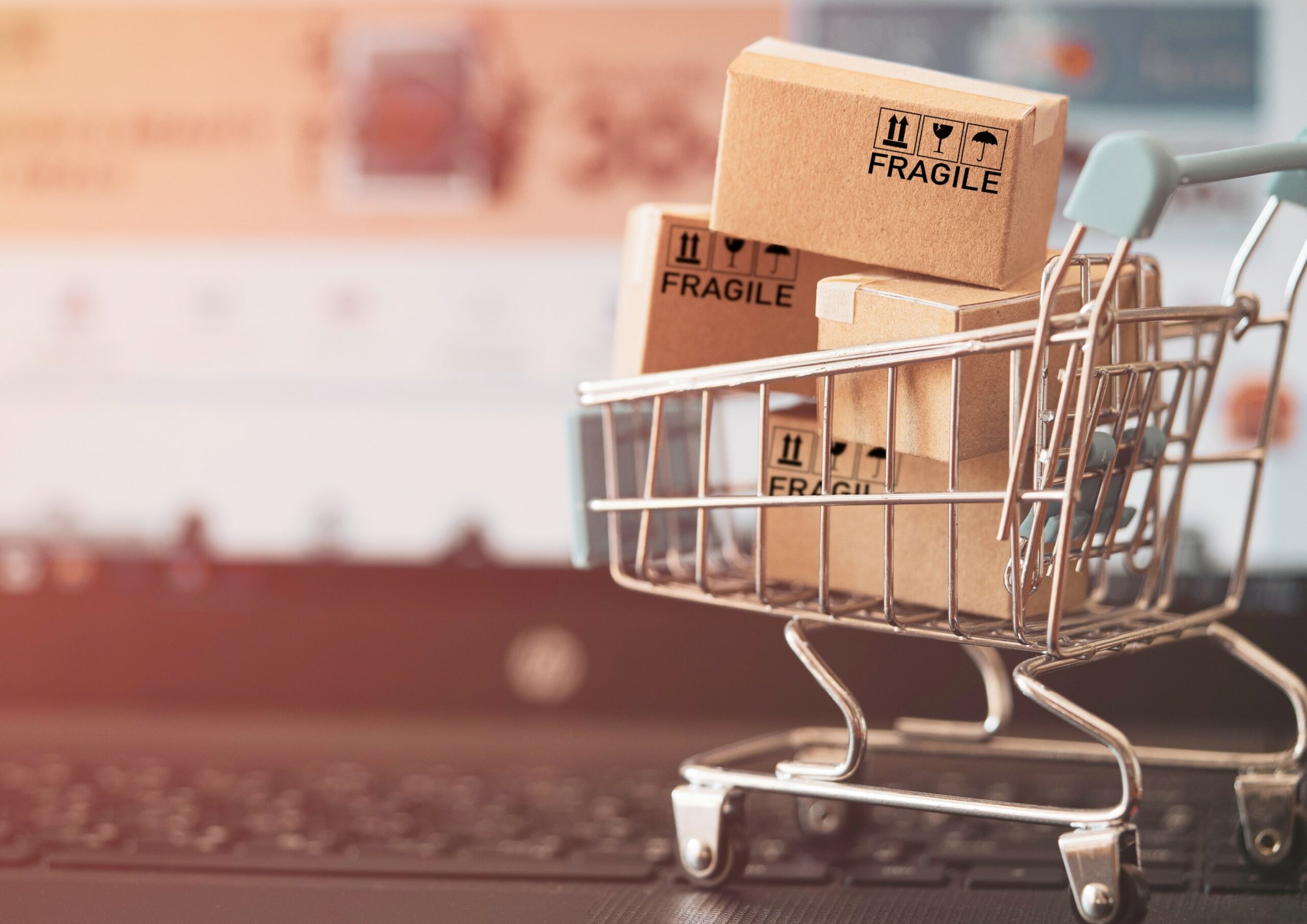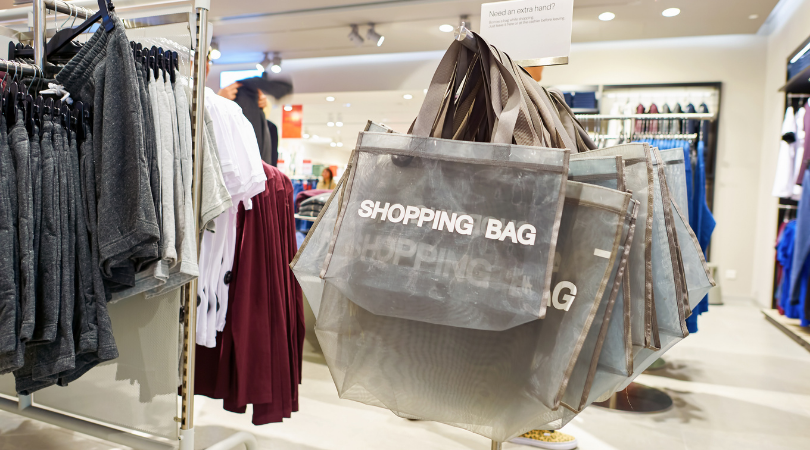Exploring the Potential of e-Commerce in Africa
Despite the lack of appropriate electronic payment systems and sometimes limited access to internet, many experts and e-Commerce companies are positive about e-Commerce growth in Africa.
According to a report published by Mckinsey & Company in 2013, e-commerce is expected to grow considerably over the next few years : “By 2025, it could account for 10% of retail sales in the continent’s largest economies, which will translate into some US$75bn in annual revenue.”[1]
Beside, more and more African and International companies are interested in investing in the e-commerce market and aim to expand their activities in Africa.
This article will highlight the latest evolutions and the growth potential of e-Commerce in Africa. Then we will focus on the main challenges companies should be facing when penetrating the market.
Evolution of E-commerce in Africa
Middle East and Africa region (MEA) noticed an important growth of e-Commerce sales from 2011 to 2016. Indeed the evolution of sales reached 26% positive growth, while it only reached 17% worldwide.[2]
This development can be partly explained by the development of the mobile internet and the internet penetration rate that reached 26.5% during the second quarter of 2014.[3]
The growth of the middle class is also a key driver for the development of electronic transactions in Africa. Indeed with a bigger spending power, they are looking for better products, at the best price and with short delivery time, even in remote area. For them, ecommerce is the best way to satisfy these new expectations[4].
Of course, the evolution of ecommerce is not the same for all the African countries. Estimates show a positive growth of e-Commerce sales between 2009 and 2012 and Egypt has the largest e-commerce sales that reached 3.9 billion in 2012.
In 2013, MEA region accounted for 2.2% of global B2C e-commerce. However, we can see that not only the number and amount of transaction increased, but also the number of e-buyers, expected to reach a positive growth of 13% in MEA.
Challenges for e-retailers in Africa
Before investing in the e-commerce market, companies need to consider many elements and to build local tailored solutions that will fit the local population needs.
In addition to large cultural differences like languages, they have to adapt all the aspects of the strategy:
– Logistic: how to deliver all over a country when villages do not have street names or numbers?
– Marketing: Occidental street marketing must be reviewed to adapt the local market. For instance, Jumia, entering the Moroccan market gave jackets to all street guards of Casablanca in order to increase the company’s reputation
– Human resources: high need of recruiting people who can fit multinational standards with good knowledge of the local market
– …
Moreover, in MEA region 48% of e-transactions value are paid by cash on delivery, this amount is consistently high compared to the payments methods used worldwide (only 5% use cash on delivery).
Key insights on some success stories
Since 2012, several actors have invested the e-commerce market in Africa. They were able to adapt their strategy to the local market and enable people to have access to many products.[6]
Jumia, founded in 2012in Nigeria by Africa Internet Group (supported by Rocket Group) is one of the leading online retailers in Africa with a presence in different countries in Africa including Morocco and Nigeria.
Around 4000 daily purchases in Nigeria for an average amount of USD 100
Rupu, founded in 2010 by Ringier this online shop is present in Kenya and have an important presence in East Africa
Around 1000 daily orders
60 to 70 deals offered daily to 70000 clients
Konga, founded in 2012 by Sim Shagaya is present in Nigeria and is considered as one of the biggest market place in the country
Around 3000 daily orders
Avito, launched in 2007 by two Swedish entrepreneurs is one of the leading classifieds site in Morocco that has recently merged with Bikhir.ma
Conclusion:
Companies who are willing to invest in the e-commerce market in Africa need to understand that besides launching an e-platform many elements need to be considered. These include relying on partnerships with other companies with a deep African Knowledge and benefiting from their logistics and transport expertise., just as Cdiscount does working with the logistic firm specialized in Africa, Bolloré[5]
Mounia Bendraoui, Analyst at Infomineo
[1] Lions go Digital – Mckinsey 2013
[2] Data was sourced from these reports : http://unctad.org/en/PublicationsLibrary/ier2015_en.pdf; http://www.emarketer.com/Article/Global-B2C-Ecommerce-Sales-Hit-15-Trillion-This-Year-Driven-by-Growth-Emerging-Markets/1010575
[3] http://www.internetworldstats.com/stats1.htm
[4] http://ventureburn.com/2015/03/5-reasons-africa-fertile-growth-blazing-ecommere-growth/
[5] http://www.bollore-africa-logistics.com/en/media/news/e-commerce-logistics-solutions.html
[6]http://www.lavieeco.com/news/economie/jumia-kaymu-hellofood-lamudi…-le-patron-du-groupe-aig-expose-sa-strategie-34221.html
You may also like
Warning: Undefined variable $content in /var/www/sdomains/nexatestwp.com/infomineo.nexatestwp.com/public_html/wp-content/themes/infomineo/single.php on line 235
Warning: Undefined variable $content in /var/www/sdomains/nexatestwp.com/infomineo.nexatestwp.com/public_html/wp-content/themes/infomineo/single.php on line 235




